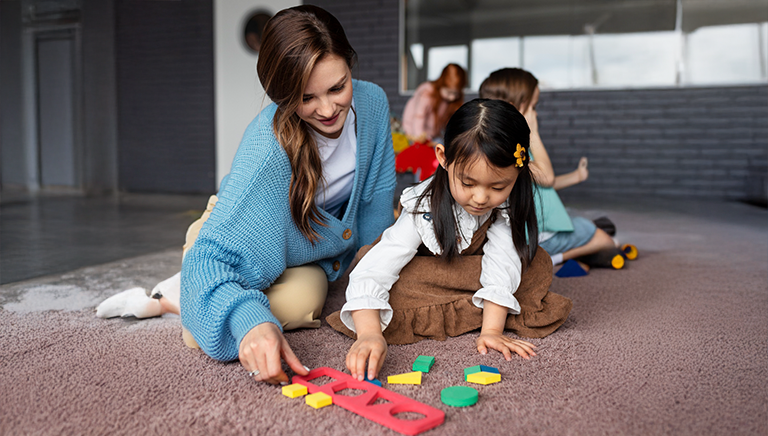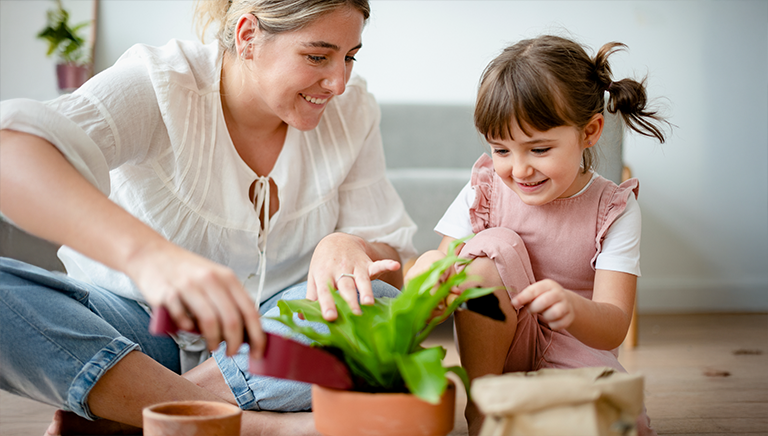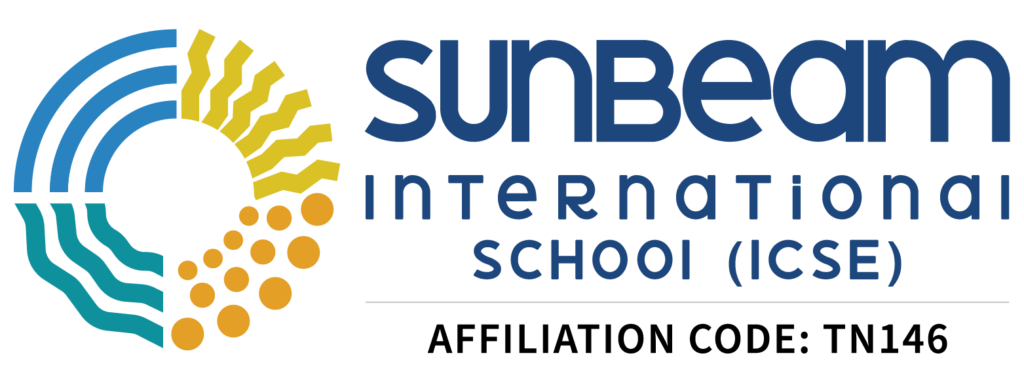

Play-based learning is a cornerstone of early childhood education, fostering holistic development by allowing children to explore, experiment, and understand the world around them. The Montessori method, developed by Dr. Maria Montessori in the early 20th century, embodies this philosophy by integrating structured activities with the freedom of play, thereby nurturing young minds effectively.

The Essence of Montessori Play-Based Learning
The Essence of Montessori Play-Based Learning
In Montessori classrooms, play is not merely a break from learning but an integral part of the educational process.Children engage with specially designed materials that encourage exploration and discovery, promoting cognitive and motor skills development. This approach allows children to learn at their own pace, fostering independence and self-confidence.

Benefits of Play-Based Learning in Montessori Education
- Cognitive Development: Through hands-on activities, children develop critical thinking and problem-solving skills. For example, when working with building blocks, they learn about balance, symmetry, and spatial relationships.
- Social-Emotional Growth: Collaborative play encourages communication, empathy, and teamwork. Children learn to negotiate roles, share resources, and resolve conflicts, which are essential life skills.
- Physical Development: Manipulating various materials enhances fine motor skills, while activities like climbing or running during outdoor play improve gross motor skills.
Montessori vs. Traditional Play-Based Learning
While both Montessori and traditional play-based learning emphasize the importance of play, they differ in structure.Montessori education provides a prepared environment with specific materials designed for learning objectives, allowing children to choose activities that interest them within a structured framework. In contrast, traditional play-based learning often offers more open-ended play opportunities without specific learning goals.

Implementing Montessori Play-Based Learning at Home
Parents can incorporate Montessori principles by:
- Creating a Prepared Environment: Organize the home to allow children easy access to learning materials and toys, promoting independence.
- Encouraging Practical Life Activities: Involve children in daily tasks like cooking or gardening, which develop practical skills and responsibility.
- Providing Open-Ended Materials: Offer toys that can be used in various ways, such as building blocks or art supplies, to stimulate creativity.
Embracing Montessori’s play-based learning approach equips children with the skills and mindset necessary for lifelong learning, adaptability, and personal growth.
– SBIS Editorial team
Quick Links
Newsletter
© 2024 - Sunbeam International School. All Rights Reserved.


